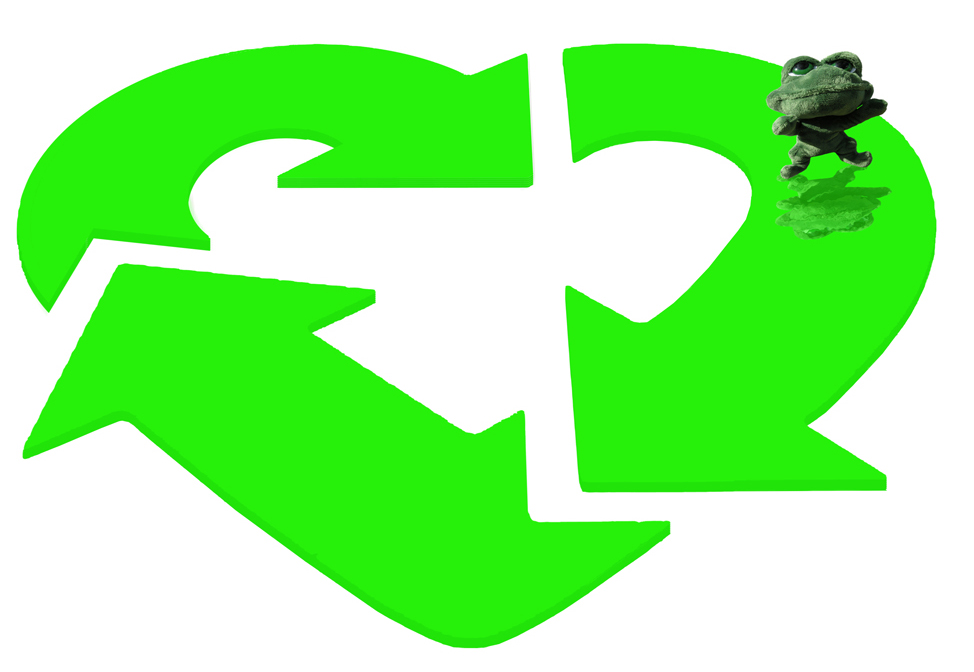Review, Recycle, Reflect and Regenerate
In order to solve any problem you need to know exactly what the problem is, and the complexities in and around it. The problem is that we are often mixed up and confused about the size, severity and specifics of the problem itself. How can you Reframe and Review something you are not aware of? AND, to add insult to injury… the problem is often not the problem; the problem is that you think that the problem is the problem then the problem becomes the problem, not because it is the problem but because you think the problem is the problem… And now you have a problem!
AND, to add insult to injury… the problem is often not the problem; the problem is that you think that the problem is the problem then the problem becomes the problem, not because it is the problem but because you think the problem is the problem… And now you have a problem!
In order to work through any problem you need to look at it from many different perspectives.
When you can reframe a problem from different perspectives you gain a clearer vision of what the problem is, or is not. From this viewpoint you can also ask better questions, which create better answers.
1. Review
 When you understand what your problem looks like from all angles you can reframe the troubling issue by asking yourself better questions like…
When you understand what your problem looks like from all angles you can reframe the troubling issue by asking yourself better questions like…
-
What am I trying to achieve by solving this problem?
-
What self-imposed limitations do I believe about myself that may be holding me back? Are they real?
-
What would it look like if I could work through the challenge?
-
How can I breakdown the problem into realistic tasks and goals?
-
What if I don’t fix this problem and choose to walk away?
-
How am I adding to the problem?
What you learn through these questions is that there are many unexpected and innovative ways to change how you see and respond to the challenge at hand.
2. Recycle
In essence, to recycle is to use what is, from what was, and turn it into what could be…
The dictionary defines recycle with 3 slight variations
-
Convert (waste) into reusable material
-
Return (material) to a previous stage in a cyclical process.
-
Use again.
When we (personally and/or collectively) convert our failures, mistakes and setbacks into something usable, like; knowledge, wisdom, lessons or skills, we don’t waste the hidden resources within them.
When we accept the transient nature of our lives, recognizing that everything grows through a process, we gain the understanding to transform and reframe negative situations.
The process of learning involves moving forward, making mistakes, correcting them and continuing forward. “Knowledge is power” There is no end to knowledge. There is no limit to what a person can learn. Even big problems can be solved if we can obtain the knowledge (and this is made easier when we can reframe the problem at hand).
3. Reflect and Revise
In every failure there is a message. Some people miss the message because they are too busy concentrating on the mistake. Reflect on the failure. Reframe the negatives. Learn from the lessons, and then…Move on.
 You have the opportunity to adjust, modify and correct when you reflect on any mistake. I believe everyone has, or will have to revise their goals, plans and actions due to unforeseen obstacles.
You have the opportunity to adjust, modify and correct when you reflect on any mistake. I believe everyone has, or will have to revise their goals, plans and actions due to unforeseen obstacles.


